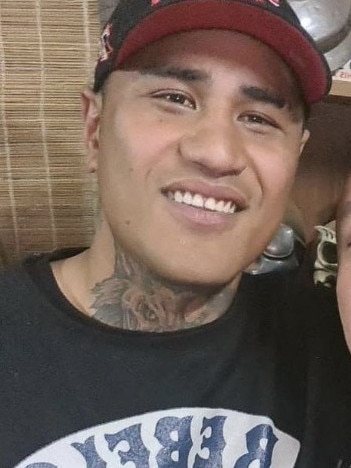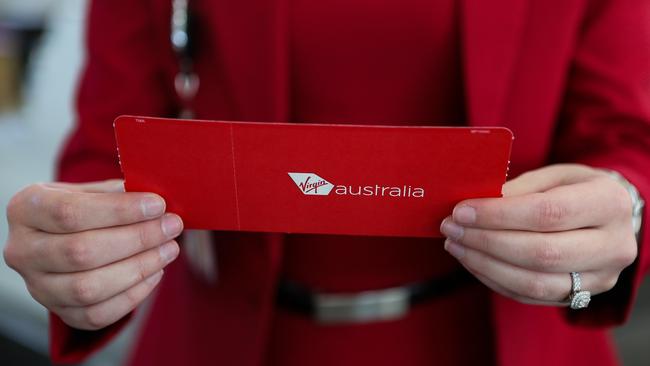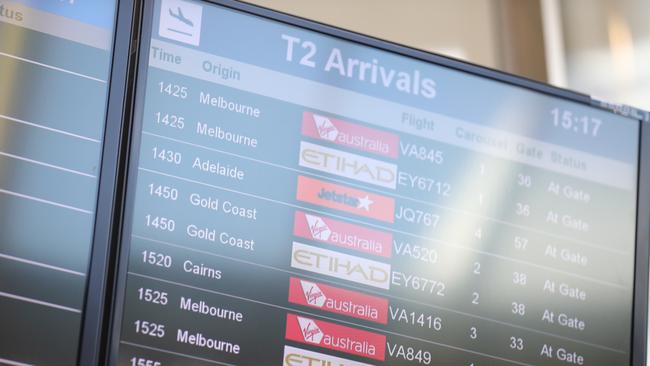Lavi Junior Fono allegedly provided false personal information to police at airport
A Rebels bikie from Adelaide allegedly tried to dupe a police officer at the Gold Coast Airport – but his lawyer argued police “unlawfully obtained” the information.
North & North East
Don't miss out on the headlines from North & North East. Followed categories will be added to My News.
An Adelaide bikie allegedly gave false identification at Gold Coast Airport to police who were looking for Rebels members, a court has heard.
However, the accused’s lawyer said the information was “unlawfully obtained” by the officer.
Lavi Junior Fono, 28, pleaded not guilty in the Adelaide Magistrates Court on Monday to a charge of using false identification information on October 29, 2019.

At trial, Federal Police Senior Constable Gavin Jaekel said he identified the Walkley Heights resident at the Virgin Australia check out desk at about 10.20am because he “looked like a bikie member” and stood out due to his build, stature and tattoos.
He had been instructed to look out for potential Rebels members as the club was holding an anniversary party in the state around the time.
Fono was also with another man of a similar build and stature.
“I wanted to see what they were doing,” Mr Jaekel said, who was looking for bikie members at the airport “for pretty much the whole week”.
He said he approached the men in “friendly terms” and asked for personal identification or his boarding pass.
Mr Jaekel said he took a boarding pass from the accused which was made out to a “Rojasati Faga”.
While the accused said he didn’t have any further ID, Mr Jaekel said the pair were “very forthcoming”.
However, the court heard Mr Jaekel was later informed by South Australia Police in November that year that Fono had provided false details after the officer had submitted an intelligence report.

Under oath, Fono said he felt obliged, under his understanding of the law, to hand over his boarding pass.
Andrew Graham, for Fono, said his client felt “compelled” to provide information, there was a “compulsion to produce a document” and that request was “unlawful”.
“There was an imposition on their right to go about their lawful business freely,” Mr Graham said.
“Your honour might think that people think, in airports in particular, especially given events that have occurred over the past 20 years or so, that police have powers in airports to request and be given particulars.
“And indeed your honour heard, from the police officer, that power now exists. It might surprise your honour to know that it didn’t exist when Mr Fono was spoken to.”

However, for the Commonwealth, Ms Halikias said there was nothing about the officer’s behaviour which compelled the accused to provide information.
She also argued Fono was not naive when it came to dealing with police.
“He’s not a person who is so unfamiliar with law enforcement that he did not know what was happening … or how he could respond,” Ms Halikias said.
“(Mr Jaekel) said he routinely approaches people, (it) only emphasises the fact this was not unlawfulness on his part.”
The trial will return on July 16.



